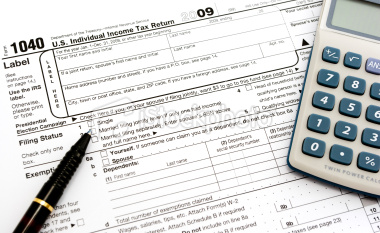The Importance For New Jersey Business Owners To Pay Employment Tax
 New Jersey business owners should be aware that there are strict regulations which allows the Internal Revenue Service (“IRS”) to collect employment taxes from a business or its owners and potentially senior employees, who are not owners, if a business fails to pay employment withholding tax to the IRS.
New Jersey business owners should be aware that there are strict regulations which allows the Internal Revenue Service (“IRS”) to collect employment taxes from a business or its owners and potentially senior employees, who are not owners, if a business fails to pay employment withholding tax to the IRS.
Federal employment tax require employers to withhold money, for Social Security and Medicare, and pay it to the IRS on a quarterly basis (also known as a “941 payment”). These payments are known as “trust fund taxes” because the withholding amounts are held in “trust” by the employer for the IRS.
Failure to pay employment taxes is therefore viewed as theft because the owner is using money that belongs to the employee. The IRS therefore has strict regulations which allow it to recover trust fund taxes directly from owners and senior employees if the business fails to pay the tax.
In a typical case the IRS will assess personal liability against individuals it alleges were responsible to pay this tax on behalf of the business. The IRS will also assess penalties and interest. The penalty (also known as a “jeopardy assessment”) is equal to the amount of the unpaid trust fund tax. Responsible individuals will personally be required to pay the tax, penalty, and interest.
Continue reading
 New Jersey Lawyers Blog
New Jersey Lawyers Blog

